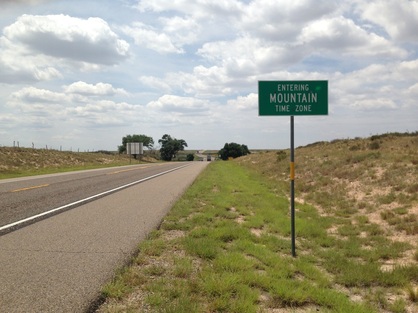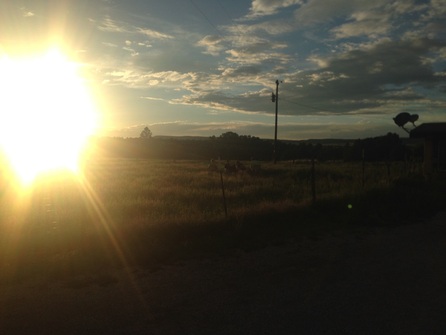|
"Now we're gonna sing this one as loud as we can," Aaron said, "let's shout it out so they can hear us at Outpost." A group was camped at Outpost. Across the backwaters, on an island behind an island, hidden from sight, its loamy dirt shaded by dense trees. Though none of us knew what it looked like then, because none of us had been to Outpost. It was rarely mentioned. Why bring it up? There was nothing there. Not anymore. When I asked the next day, they told me it was out on the island, except some years when the water covered it up; that there was a trail to get there, except some years when the water covered it up. What they didn't tell me was how long it had been there, who built it and why, what it was for, whether any structures or ruins remained, why people stopped going, why people wanted to go now. Actually they didn't need to tell me that last one. I knew. People wanted to go so they would know what it looked like. People wanted to go because no one went anymore. People wanted to go because it wasn't on the island we could see, it was on the island behind that island. "Shout it out loud," Aaron said, "so they can hear us at Outpost." I've always suspected that if I drove the correct speed, along the exact reverse route of a past road trip, it would be possible to re-spool that original journey. A few weeks ago I was sitting on the beach in Chicago, reading Charles Mingus' Beneath the Underdog. As I lifted my eyes from the book—from a passage about an ex-lover of Mingus' and the casual news that she was now living with a guy in France—to the beach and the rising of Lake Michigan, I thought about an old girlfriend of mine who was recently married. I've often thought of many episodes from my past that things could easily have gone differently—not necessarily better or worse, just differently. But that day I caught myself feeling, on some subconscious level, that the events of my past actually are going to come around again, and that somehow I'll be able to watch them play out again, maybe differently, like a physicist running simulations in a laboratory.
This isn't true, of course. There is no wistfulness, no regret; only the impossibility of ever realizing that the past is gone. My instinct on this matter is not exactly a many-lives or a reincarnation hypothesis. Rather, it's a suspicion that I'll get to try this life again, with the same starting conditions. So many things are cyclic. Am I to believe that time and our lives aren't? |
A Selection• Gone Walkabout
• Migration • Music as Drama • Crossroads II • 10 Best of 2014 • January: Wyoming and the Open • February: New Mexico and the Holes • Coming Up • Notes on The Accounts • Crossroad Blues • Labyrinths Archives
October 2020
|


 RSS Feed
RSS Feed